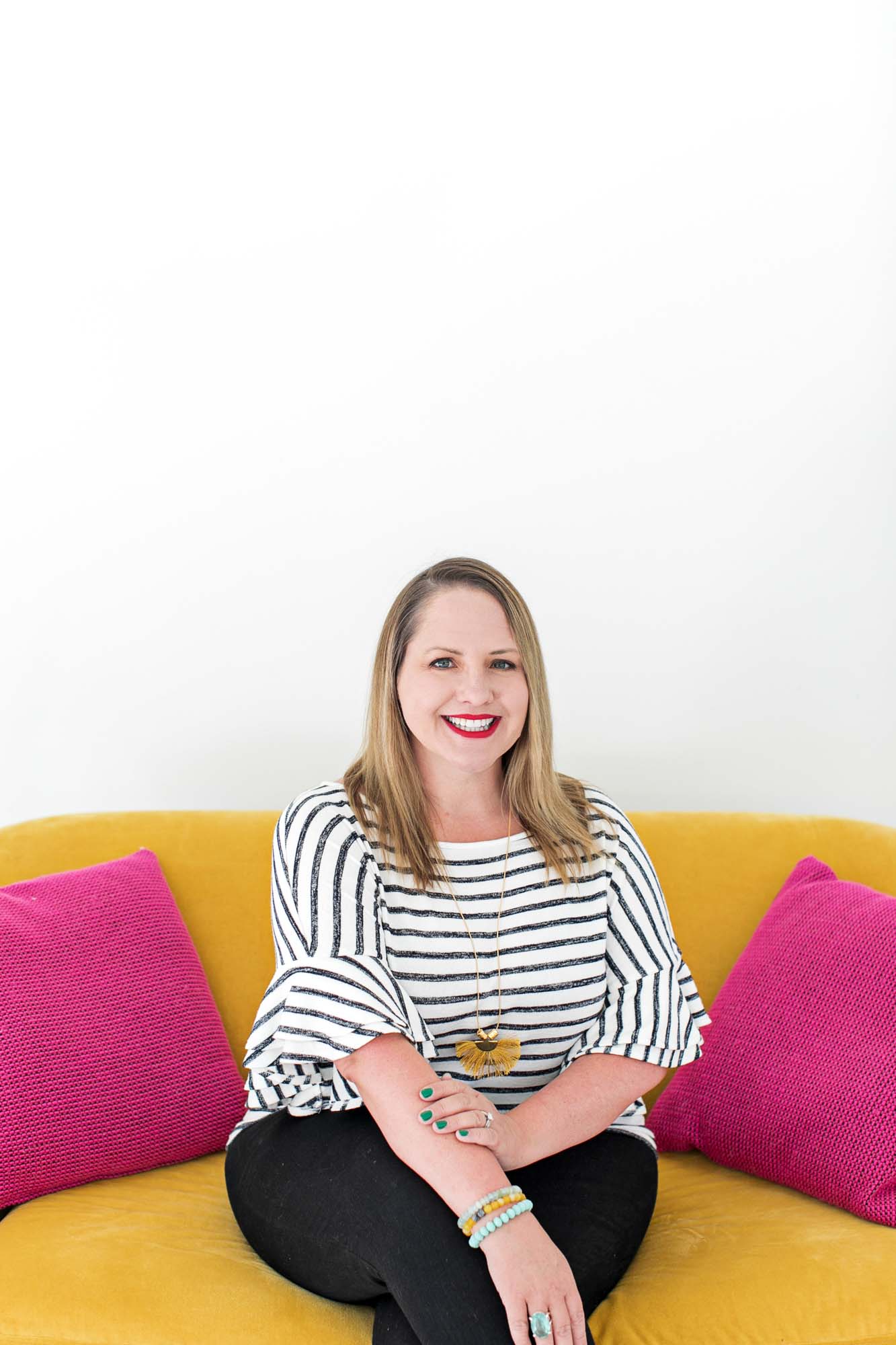Inclusive event planning for hearing-impaired and deaf people

Being an inclusive wedding professional does not only mean inclusive of the LGBTQ+ community. There are many ways to be inclusive, and today I want to talk to you about being inclusive of disabled people. Specifically, hard-of-hearing and deaf folks.
 To look at me, you might not think anything is wrong. But I'm hearing-impaired. I wear hearing aids in both ears. I hear 9 percent of sounds in one ear and 25 percent of sounds in the other. When I can't hear what people are saying, I feel isolated and alone. It's tiring to continue to ask people to repeat themselves so often I just smile and nod because I'm exhausted.
To look at me, you might not think anything is wrong. But I'm hearing-impaired. I wear hearing aids in both ears. I hear 9 percent of sounds in one ear and 25 percent of sounds in the other. When I can't hear what people are saying, I feel isolated and alone. It's tiring to continue to ask people to repeat themselves so often I just smile and nod because I'm exhausted.
When people like me attend events, there are ways you can be accomodating. And since you might not know if a hearing-impaired person is attending your event, I recommend you just do these things anyway. Here are five tips to make your event more inclusive of hard-of-hearing or deaf guests.
1 / Mic up your couple for their vows and have a mic for toasts and speeches. Everyone who came to the wedding desperately wants to hear what is being said, and not everyone speaking is an expert at projecting their voice.
2 / If you anticipate deaf people at the event you’re planning, plan for a sign-language interpreter at the altar and at the reception for vows, speeches, performances and announcements from the DJ or band.
3 / Having a socially distanced event during the pandemic? Offer clear masks to the guests so people who are deaf and hard of hearing can read the lips of everyone else.
4 / Playing a video during the reception? Add captions so we can enjoy the show too.
5 / Ask your couple ahead of the event if there are any hard-of-hearing or deaf guests who need special accommodations and offer them (and their guest!) a reserved seat in the front row of the weddingso they don't miss a single word.
photo of Kirsten Ott Palladino by Heidi Harris
photo of two people signing the word love by Sincerely Media
